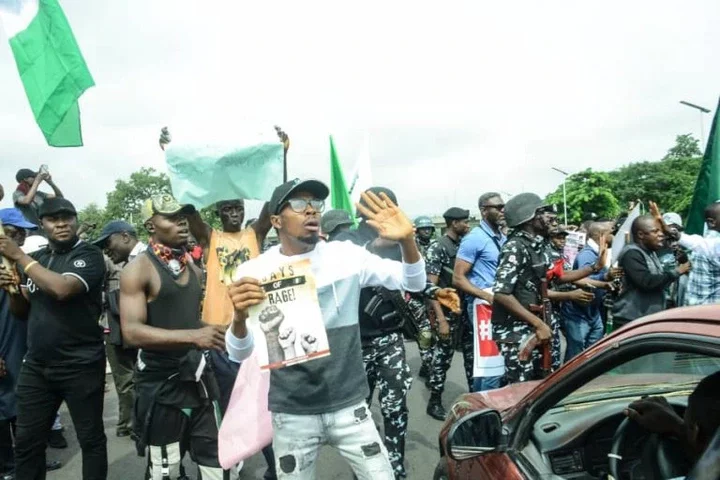
According to report, all living former presidents and heads of state are expected to converge at Aso Rock Villa, Abuja, at noon today (Tuesday) as President Bola Tinubu convenes a crucial Council of State meeting.
This meeting is significant as it marks President Tinubu's first Council of State gathering since assuming office 14 months ago. The agenda includes discussions on recent national events, particularly the #EndBadGovernance protests, the state of the economy, food security, and national security.
The Council of State last met on February 10, 2023, under former President Muhammadu Buhari, to address pressing issues such as the 2023 elections, the crisis caused by the new naira policy, and fuel scarcity.
According to sources familiar with the meeting's agenda, President Tinubu, alongside his predecessors, will deliberate on seven key issues. One anonymous source revealed that Tinubu will make presentations on topics including "The Nationwide Protest as it Affects National Security and the State of the Economy." Additionally, food security will be a major focus. The source said, "The Council of State meeting is on Tuesday. I think it is the first one we will be holding since this President came into office because the last one was on February 10, 2023."
"We expect all former Presidents and Heads of State, Muhammadu Buhari, Goodluck Jonathan, Yakubu Gowon, Olusegun Obasanjo, Abdulsalami Abubakar, and Ibrahim Babangida."
"The President will present on seven key areas, such as the nationwide protest as it affects national security, the state of the economy, food security, availability and affordability-that one is in the agric sector-consolidating the gains in the solid minerals sector. Then he will also talk about renewed hope in budgeting and planning for sustained development, renewed hope in the road sector, and leading a strong industrial base for transformation and growth."
The timing of the meeting is particularly critical, coming just days after Nigerians, primarily youths, took to the streets in Abuja for a one-million-man march. The march, intended to mark the 10th day of nationwide protests against the rising cost of living, saw a lower-than-expected turnout.
These protests, which began on August 1, escalated into violence, with widespread property destruction and loss of lives in various parts of the country. Reports indicate that at least 17 people died during what was described as "days of rage."
On August 3, 2024, protesters in Kano State were seen flying what appeared to be the Russian flag, chanting in Hausa, "We don't want bad government." Similar scenes were witnessed in Kaduna, where demonstrators chanted, "Welcome, Russia; Welcome, Russia." Russia, embroiled in a geopolitical struggle with the West, has been linked to unconstitutional regime changes in West African countries such as Niger, Mali, and Burkina Faso.
The Nigerian military has issued stern warnings, declaring that those flying the Russian flag are committing treason and will be prosecuted. They also announced ongoing investigations into the instigators of these actions and vowed to "take serious action" against them.
In a nationwide broadcast on August 4, President Tinubu called for an end to the protests and urged dialogue. He assured the protesters that his administration is committed to addressing their concerns, stating that he has heard their demands "loud and clear."
Further details on the Council of State meeting were provided by a second source, who noted that relevant ministers would make presentations on the President's behalf. "Although it states here that the President will be making these presentations himself, actually, his ministers will be briefing the Council on his behalf. For instance, we are expecting presentations by the National Security Adviser [Mr. Nuhu Ribadu], he will brief the Council on the nationwide protest as it affects national security.
"The Minister of Agriculture and Food Security [Abubakar Kyari] will discuss the food availability and affordability. The Minister of Solid Minerals Development [Mr. Dele Alake] will present on his sector, and the Minister of Budget and Economic Planning [Abubakar Bagudu] will present on budgeting.
"Minister of Works [David Umahi] will also present on the road infrastructure while the Minister of Industry, Trade and Investment [Dr. Dorris Uzoka-Anite], will present on building a strong industrial base," the source added, highlighting that while these ministers are not members of the Council, they will appear briefly for the talks.
Newsmen also reported that the Council is expected to make key decisions aimed at easing tensions, as the effects of the August 1 nationwide protests continue to resonate.
The National Council of State is a constitutionally established advisory body in Nigeria, tasked with advising the executive on policy-making and other significant matters. Its membership includes the President (who chairs the Council), the Vice President, all former Presidents and Heads of State, former Chief Justices of Nigeria, the Senate President, the Speaker of the House of Representatives, the Attorney-General of the Federation, the Secretary to the Government of the Federation, and all state governors.
The Council's role, though advisory, is critical in guiding the President on national security, economic policies, and key appointments. It also plays a role in advising the President on the exercise of his powers concerning pardons and commutations.
Council meetings are convened by the President as necessary, particularly during times of national crisis or when significant challenges demand input from both current and former leaders. While the Council's recommendations are not legally binding, they often significantly influence presidential decisions.
This upcoming meeting is anticipated to address not only the immediate concerns raised by the protests but also broader issues that affect the nation's stability and progress.

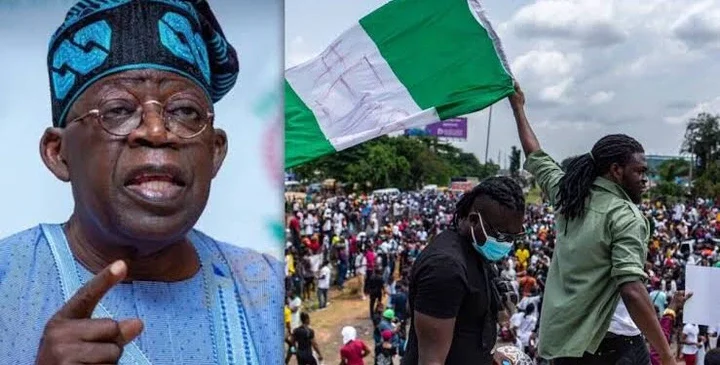
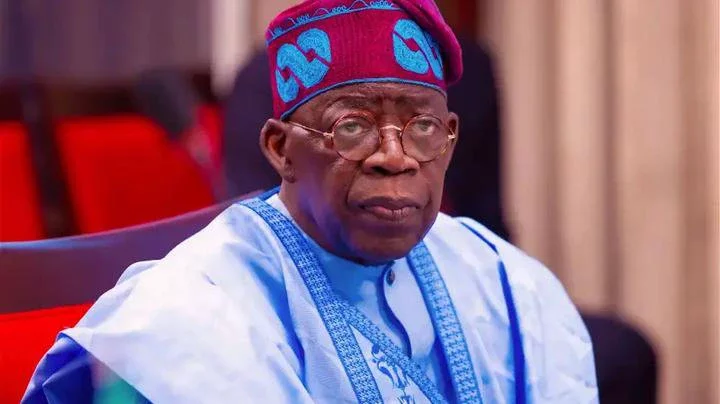
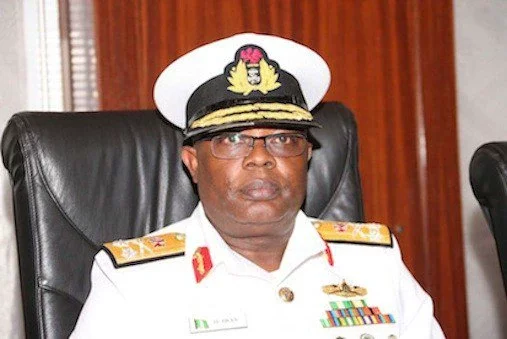
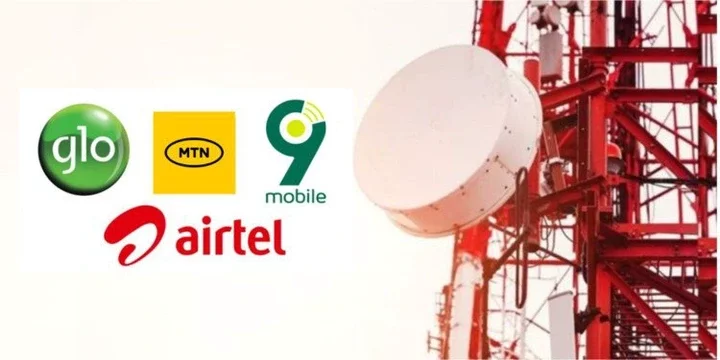
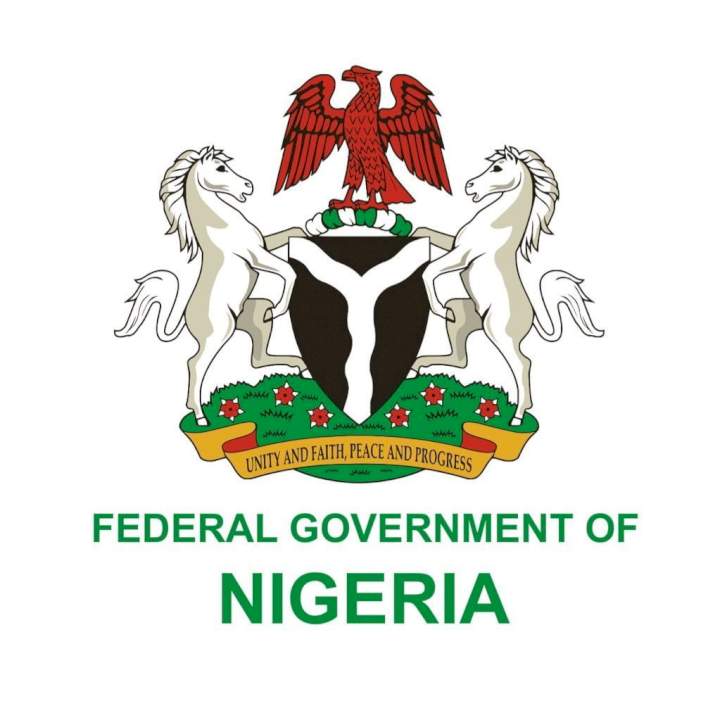
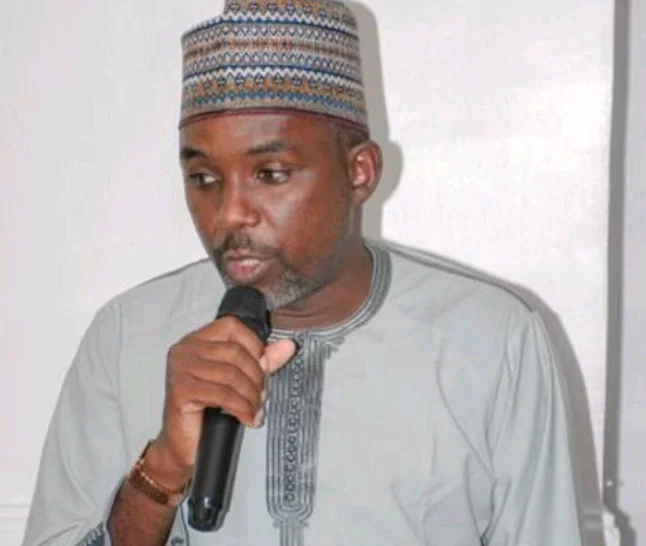
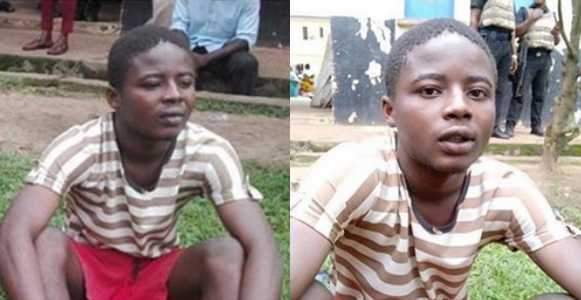
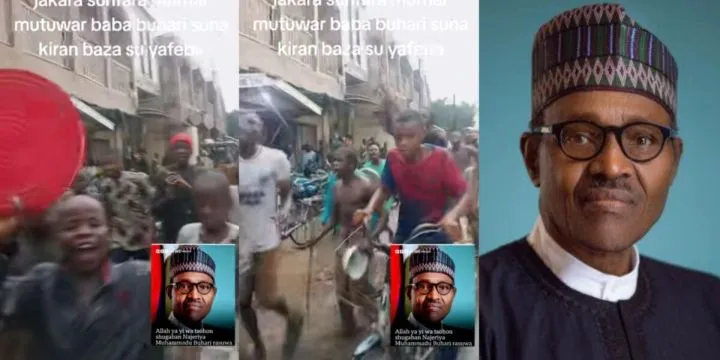


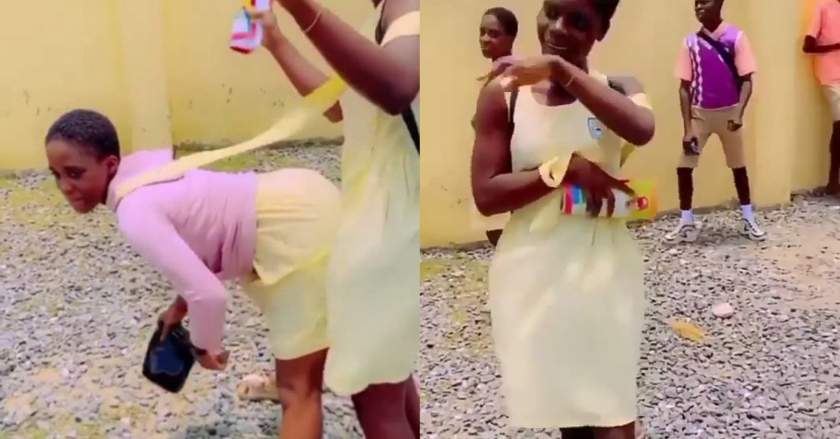


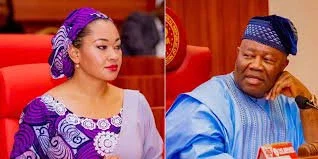
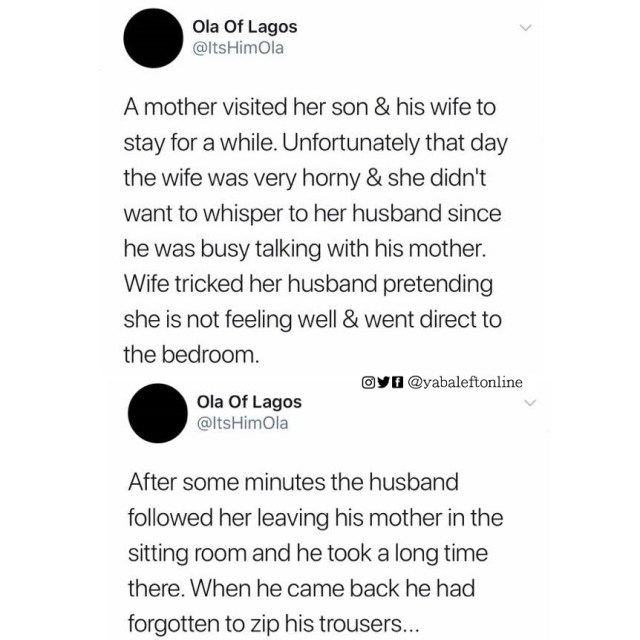

Comments